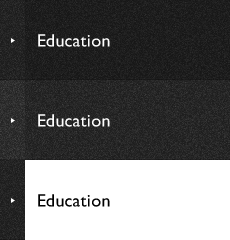The curriculum is designed to allow students to polish what they have learned in the Master's Program, including advanced specialized knowledge of nuclear engineering, broad vision and education, a sense of ethics and social responsibility, logical dialogue skills, writing skills, practical problem-solving skills, and creativity. Furthermore, it enables students to acquire the abilities to discover problems and research them, to create new knowledge, to disseminate, to pioneer and lead new fields, and to develop leadership with which they can play an active role in international society.
-
- Nuclear Reactor Engineering
- Knowledge of nuclear reactor engineering acquired in the Master's Program is more deeply and practically studied, along with cutting-edge research.
-
- Nuclear Fuel Cycle Engineering
- Knowledge of nuclear fuel cycle engineering acquired in the Master's Program is more deeply and practically studied including cutting-edge research.
-
- Nuclear Fusion / Accelerator Engineering
- Knowledge of nuclear fusion / accelerator engineering acquired in the Master's Program is more deeply and practically studied, along with cutting-edge research.
-
- Dispatch Project
- By participating in research activities at research institutes, companies, and overseas universities outside Science Tokyo, more advanced knowledge and experience are acquired.
-
- Research Seminars
- Research Seminars and literature reviews are conducted to support students in their doctoral thesis research.
*2Indicates the standard model where the Doctoral Program is completed in three years.
. Any information published on this site will be valid in relation to Science Tokyo.


